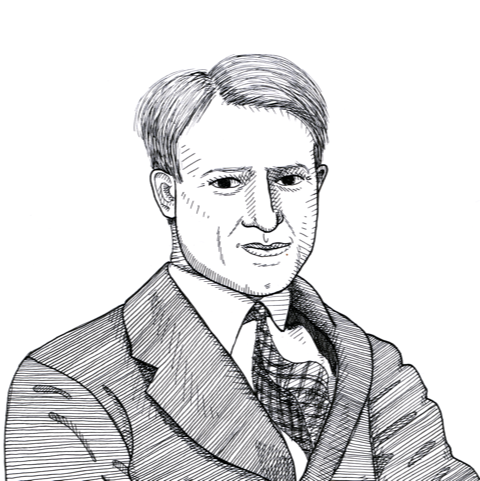
Michael Oakeshott on Individualized Reason
Found in: Hobbes on Civil Association
Michael Oakeshott (1901-1990) was a political philosopher who was known both for his general theorizing and for his interpretations of other thinkers, especially Thomas Hobbes. The quotation below comes from a book of essays on Hobbes (Hobbes on Civil Association) first published in 1975 and again by Liberty Fund Inc. in 2000.
Philosophy
Between birth and death, the self as imagination and will is an indestructible unit, whose relations with other individuals are purely external. Individuals may be collected together, may be added, may be substituted for one another, or made to represent one another, but can never modify one another or compose a whole in which their individuality is lost. Even reason is individualized, and becomes merely the reasoning of an individual without power or authority to oblige acceptance by others: to convince a man is not to enjoy a common understanding with him, but to displace his reason by yours.111 (FROM: VI.: Some Topics Considered)